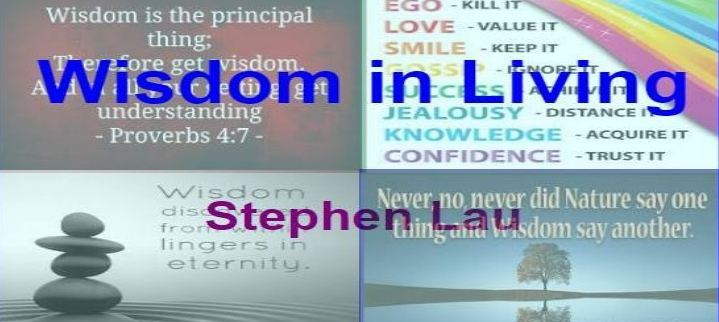As you continue to age, your golden years years may not be "golden" to you because you may be facing adversity and frailty commonly encountered by many seniors. As a matter of fact, your days may seem long and dreary.
But it doesn't have to be like that. It's all in your mind, which creates your own perspectives of aging. Do not stereotype yourself as old and decrepit. Your final chapter in life may turn out to be golden years for you--the best of your life ever! You can do it if you empower yourself with the wisdom in living your golden years.
Your Golden Years and Santa Claus is my book just published on Amazon. It is about the wisdom in living in the golden years. This is a comprehensive book on the physical, mental, emotional, and spiritual aspects of successful aging. The book covers frailties and challenges encountered by many seniors in their golden years, such as vision loss, falling, memory impediment, breathing problems, health and money issues, among others. It shows you the wisdom to overcome or cope with them. In addition, it opens the doorway to making new waves to live a meaningful and purposeful life in your golden years. The wisdom is in using Santa Claus as your role model to believe in yourself, to think and act like Santa Claus.
For more information, click here.
Stephen Lau











